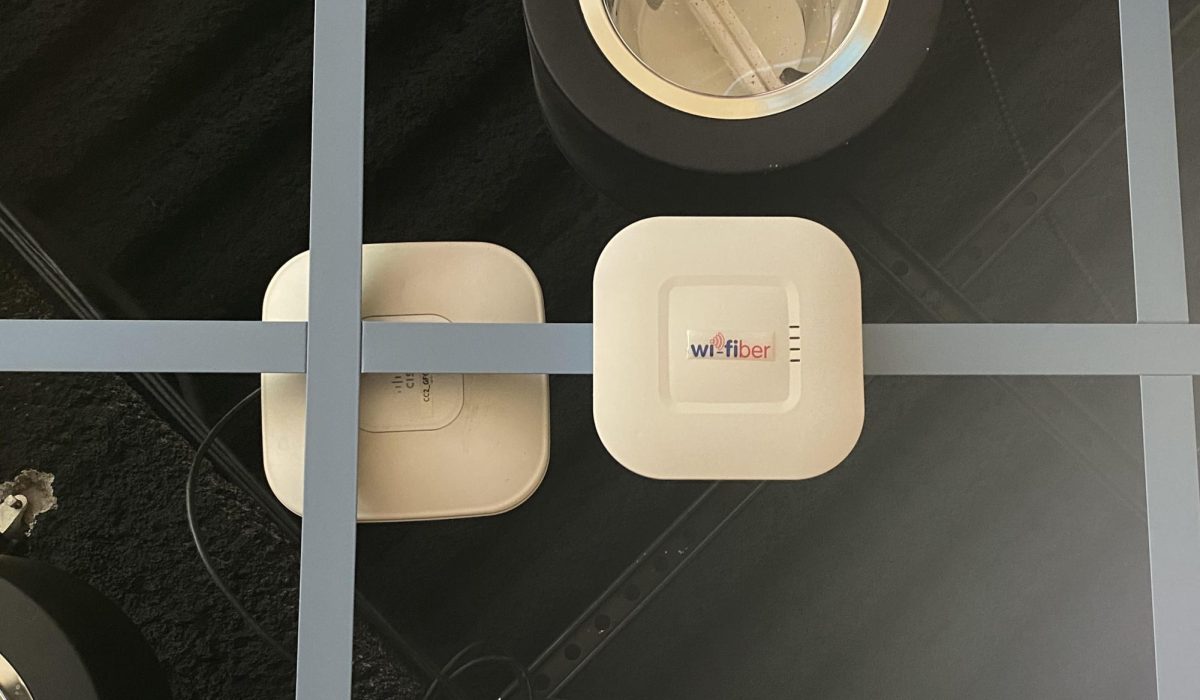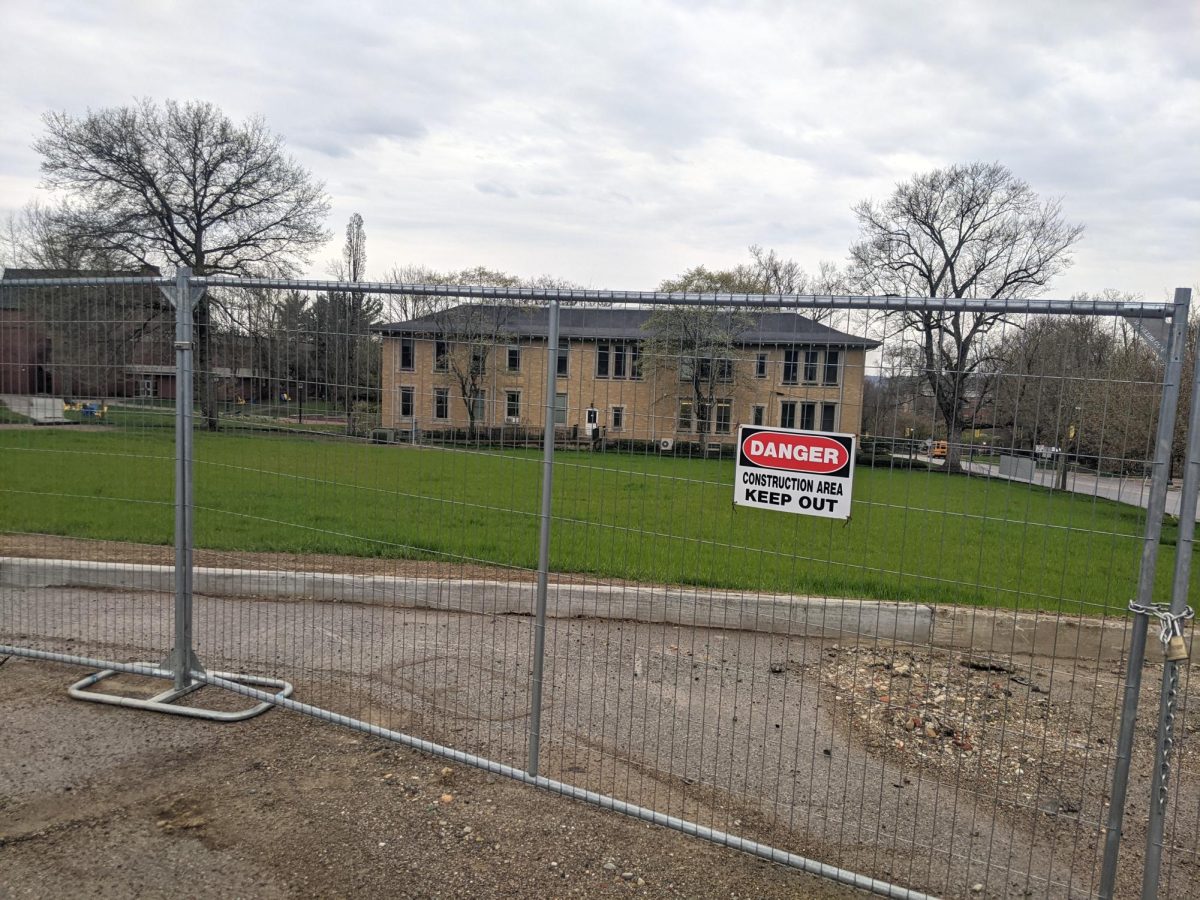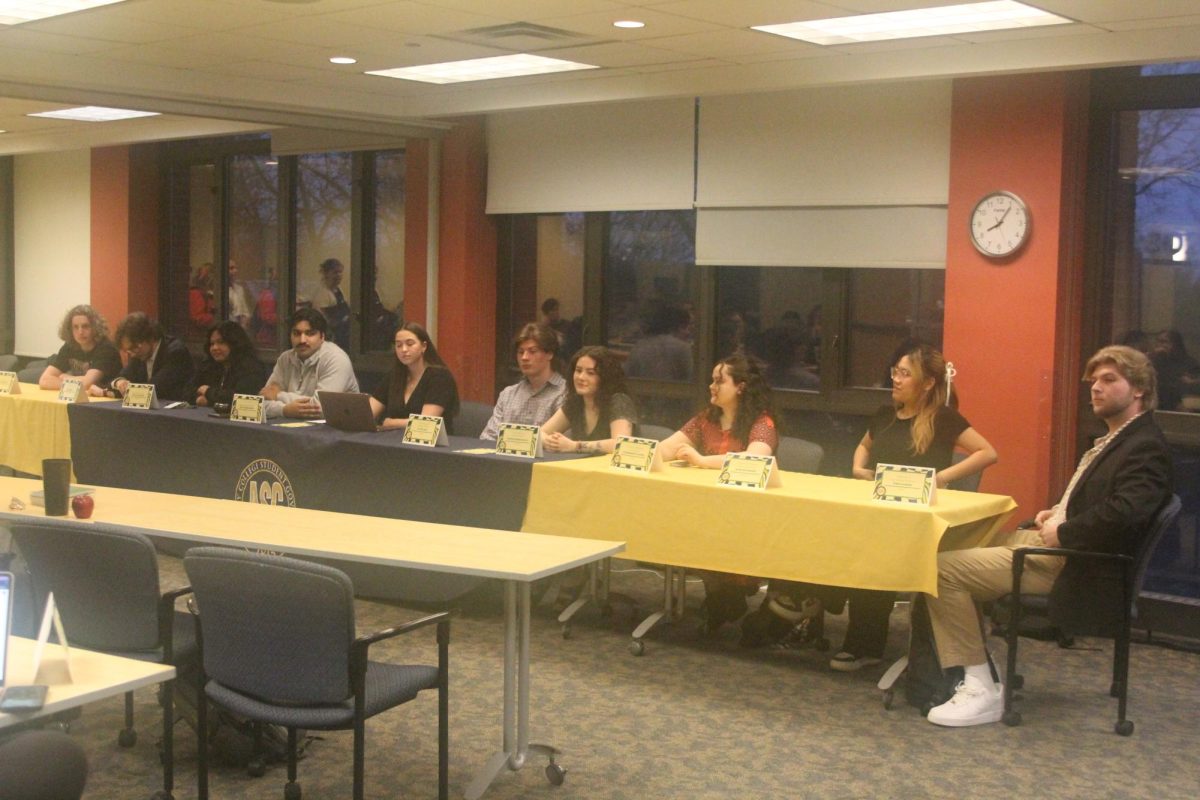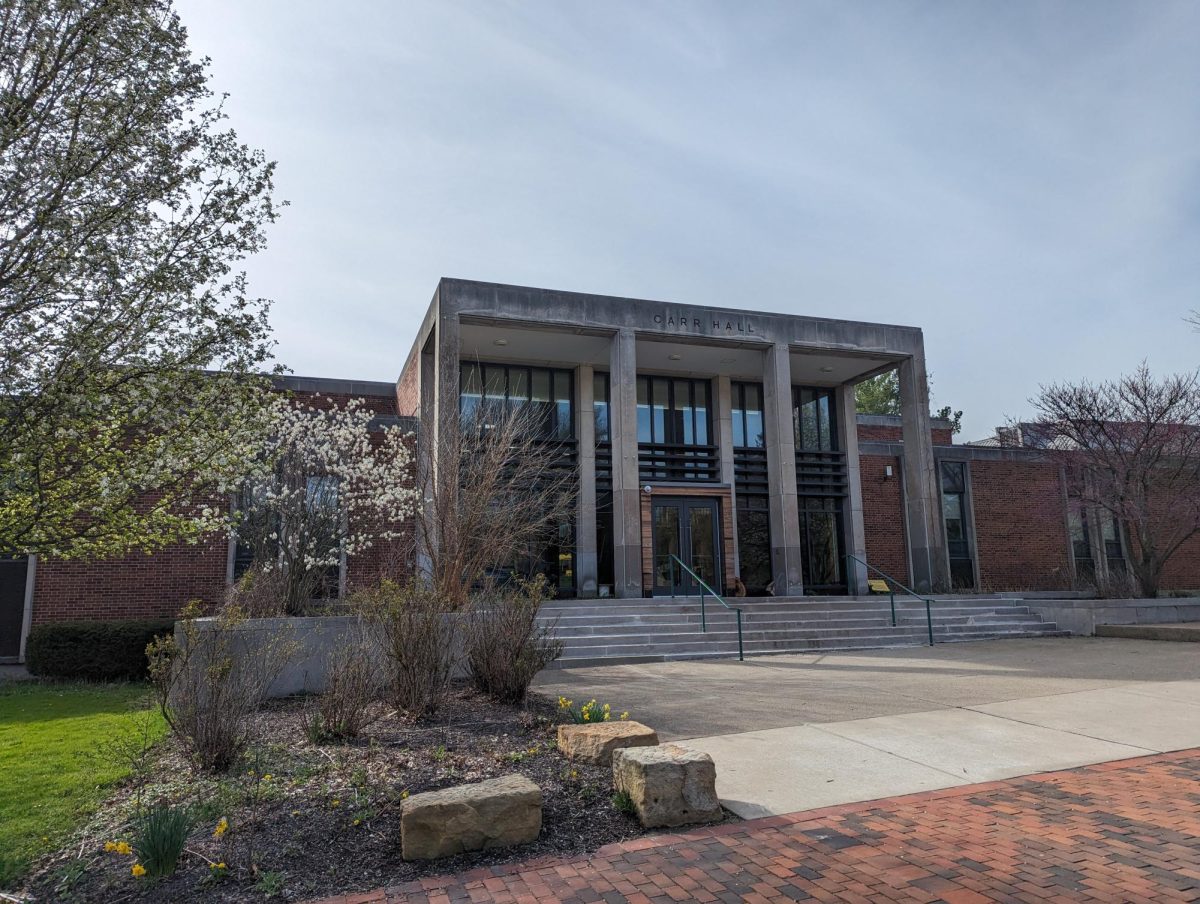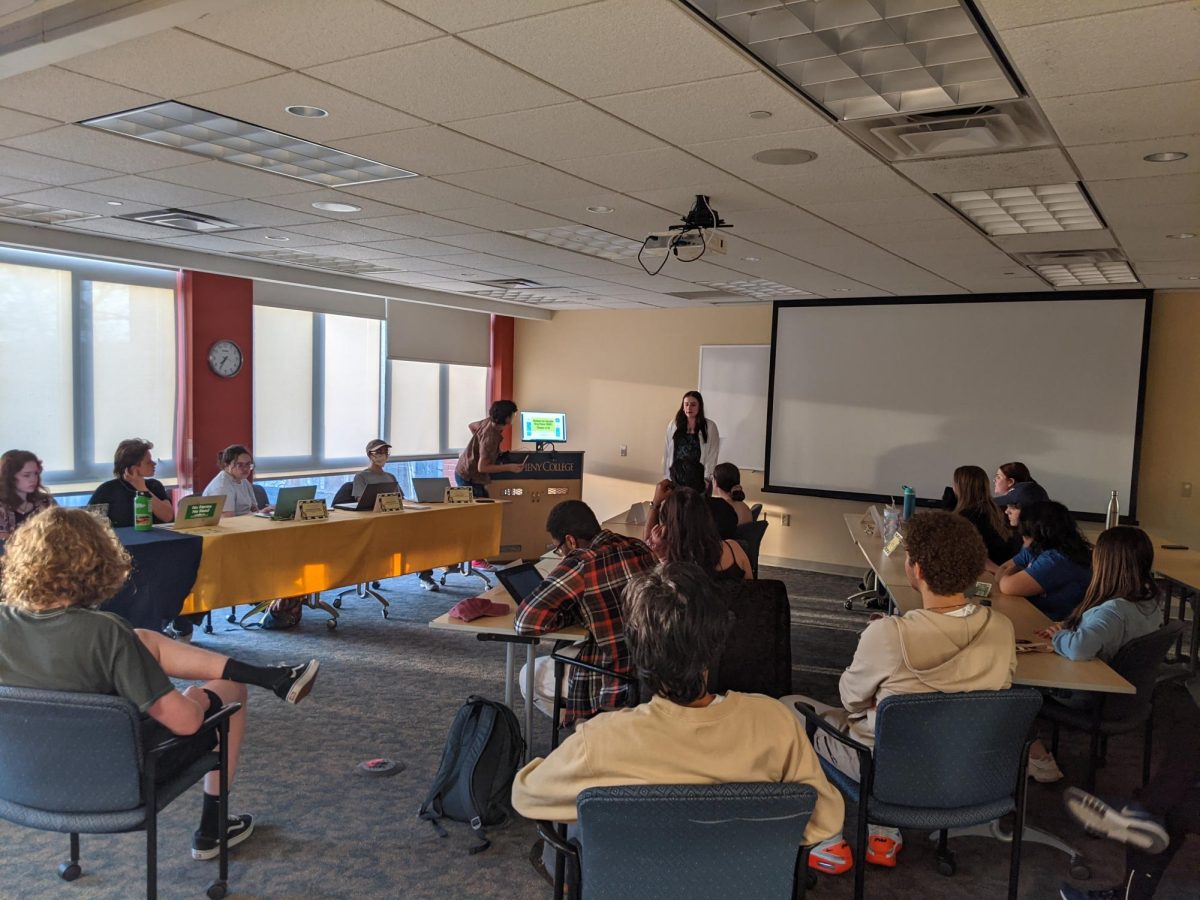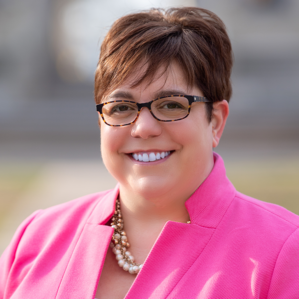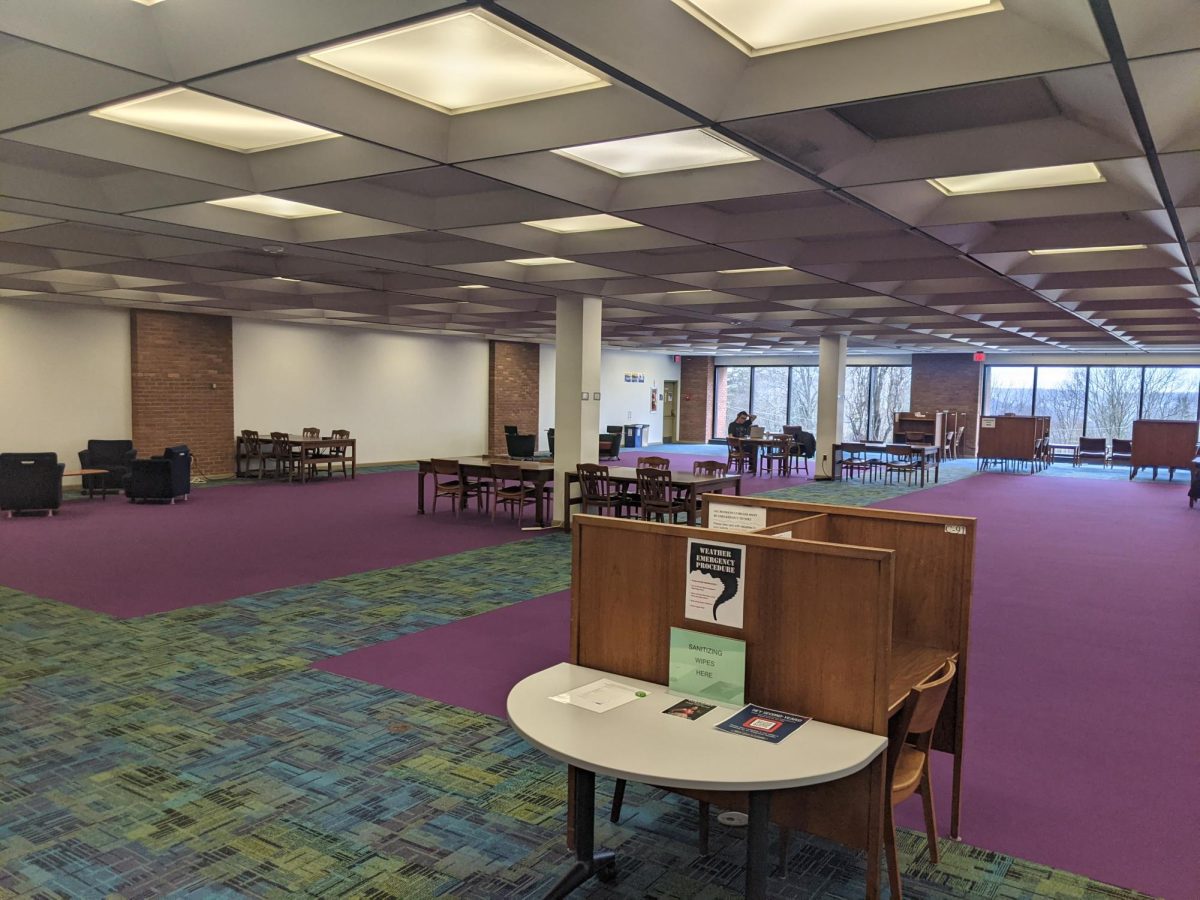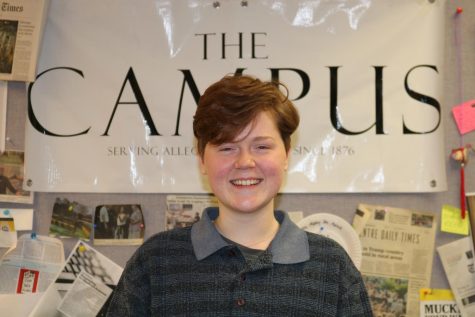What was originally touted as a four-day scheduled outage has turned into a nearly two-month-long uphill battle with the internet. Now a month into classes, many students are still experiencing significant ongoing internet issues due to faulty infrastructure and poor project management from Wi-Fiber.
“We made the change from Wi-Fiber this summer because the work being observed was not consistent with our understanding of what the college expected,” a spokesperson wrote in a Sept. 19 statement to The Campus. “Before the decision was made to engage a new vendor, the College made numerous attempts to ensure that the College was receiving what we expected from Wi-Fiber.”
Wi-Fiber is a Maryland-based network provider that aims to “build a connected and protected world by utilizing industry-best technology.” The company has won awards from Texas A&M’s Under Fire Technology Showcase in 2019, which recognized technologies aimed at assisting first responders, and from the Consumer Electronics Show in 2018, which recognized pioneering technologies that strengthen the relationship between government and citizens.
Since its founding in 2015, most of Wi-Fiber’s projects have centered around city infrastructure. On its website, Wi-Fiber lists previous network infrastructure projects in Arlington, Virginia, and Las Vegas, Nevada, as examples of the company’s success.
Even though Wi-Fiber says it also serves college campuses, no college clients are listed on Wi-Fiber’s website.
For a comparison, the college’s previous network provider, Apogee, has over 20 years of experience exclusively serving colleges and universities. Apogee’s website says the company currently serves over one million students at over 350 colleges and universities across the country.
Goodbye Wi-Fiber
In a Sept. 13, campus-wide email, President Ron Cole, ’87, addressed the college’s replacement of Wi-Fiber with two new companies.
“In summer 2023, we discontinued our relationship with a vendor that was not able to complete the project in a way that would support the infrastructure of a college campus,” Cole said. “They were not able to meet the standards of what is needed for our daily operations and residences. We have since engaged trusted companies that are better able to meet the technical needs of a college community.”
The college opened a contract with Wi-Fiber in spring 2022. Former Chief of Staff Kevin Kovalycsik was in charge of establishing the new network provider, according to Chief Information Officer Katrina Yeung and Dean for Student Life Trae Yeckley.
“The decision to work with the vendor (Wi-Fiber) was made by a former administrator that is no longer with the College,” the college wrote in its statement this week. “Various options were considered and the former administrator ultimately selected Wi-Fiber.”
Both Yeung and Yeckley say they do not know why the college chose to open a contract with Wi-Fiber. In an Aug. 25, interview with The Campus, they said that responsibility was Kovalycsik’s.
“He was the one that found Wi-Fiber, he was the one that negotiated the contract, he signed it,” Yeung said.
In an Oct. 27, 2022, interview with The Campus, Systems Administrator Doug Tomer said he was involved with the decision-making process to switch to Wi-Fiber in May 2022 to the extent of answering general questions others had about the college’s network and helping to assess the college’s future network goals or needs.
Tomer said he was aware of just two network providers being considered — Wi-Fiber and new proposals from Apogee. He was unsure why the college ended up choosing Wi-Fiber over Apogee.
“That decision was made by senior leadership,” Tomer said on Oct. 27. “I’m not sure what all was considered when they decided to sign with Wi-Fiber.”
Tomer was also unsure which other senior leadership positions were involved with making the decision, other than Kovalycsik.
Kovalycsik left the college in October 2022, according to his LinkedIn profile. The departure was not announced at the time. In July 2023, he was interviewing to be the next director of Matanuska-Susitna College, a community campus of the University of Alaska Anchorage, according to the Mat-Su Valley Frontiersman.
Wi-Fiber’s legacy
The consequences of contracting with Wi-Fiber have been far-reaching and have left the Information Technology team scrambling to pick up the pieces.
Of the 2,276 access points Wi-Fiber installed, only 1,200 were working as of Aug. 25, according to Yeung. Most of those access points had also not been adequately labeled, meaning that IT is unable to see exactly which ones are working and which are not.
“The original company we had in here did not do a great job of labeling, so we see just a generic name on everything and I don’t know where it sits,” Yeung said.
Additionally, a sizable number of access points were not appropriately installed.
“We did a walk of campus late last week and there are access points hanging on a ceiling that are not connected to anything, and they won’t work unless there’s a wire behind them and other randomness like that,” Yeung said on Sept. 7.
Many of the access points need to be replaced to improve coverage across campus, according to Cole.
Further compounding the problems associated with the improper installation of access points is Wi-Fiber’s poor choice of core switch, which Yeung describes as the “brain” of the network.
“The one that we have, it just can’t handle the traffic we’re trying to push through it,” Yeung said. “Wi-Fiber should have known how to adequately purchase something that would handle the traffic we were going to pass through it.”
In his email, Cole said the college is in the process of procuring a better core switch, but that it will take 2 to 4 weeks. Supply chain issues out of the college’s hands are causing the delay, according to Yeung.
Until then, it is likely that the network will continue sporadically dropping as it gets overloaded with users.
Furthermore, Wi-Fiber never ran fiber-optic cables to Carr Hall and Oddfellows, so both buildings remain unconnected to the rest of the campus network.
“Your guess is as good as mine,” Yeung said in reference to why Wi-Fiber did not install the necessary infrastructure in either of those buildings.
Currently, Yeung and the rest of the IT team are working to determine whether they want to continue using Wi-Fiber’s access points in Carr and Oddfellows or if they should “pivot to something else.” Once they decide, they will be able to call an electrician to install the necessary infrastructure.
In his email, Cole praised IT’s work thus far and explained to the campus community how intense the current problems are.
“They (IT) have gone above and beyond to determine the extent of the problem, and they have found that unfortunately we need to rebuild much of the work and equipment that was installed by the previous vendor as well as complete work that was unfinished,” Cole said.
Slow progress
The switch from Apogee to Wi-Fiber took place around the same time as high rates of student complaints about the Wi-Fi, including slow speeds and the network dropping.
In an Oct. 14, 2021 The Campus article, former Interim Chief Information Officer William Anderson said the college had just signed a contract to replace the fiber-optic plant on campus, which would probably start to be installed during summer 2022.
A year later, in October 2022, Wi-Fiber’s infrastructure was still not ready to use, and the college’s old-age network infrastructure that Apogee’s network relied upon continued to cause occasional problems.
“We recognize that connectivity issues have caused disruption and appreciate your continued patience as we work to resolve these issues,” an Oct. 26, 2022 campus-wide email said. “Please know that the College is in the process of upgrading and improving the entire campus network infrastructure.”
On Oct. 27, 2022, Tomer told The Campus that, while he could not make any guarantees, he expected Wi-Fiber’s network to be ready for use by the spring 2023 semester. However, by the time the 2022-23 academic year ended, Wi-Fiber’s network still had not been activated, according to Yeung.
Yeung came in as chief information officer on July 5, 2023. A four-day scheduled outage in the final days of July to switch from the legacy Apogee infrastructure to Wi-Fiber’s new infrastructure faced “unexpected challenges” and “unforeseen complications,” and Yeung sent out a campus-wide email on Aug. 14, announcing that Wi-Fiber had been replaced with two new companies.
In an interview with The Campus, she described Wi-Fiber’s work to update the college’s network as “not progressing.”
“Coming in with a new set of eyes, I could clearly see there was a challenge with the working relationship between us and them,” Yeung said. “Ultimately, we got to a point where it just felt like they weren’t prioritizing the work and getting it done in order to have a great plan. So we needed a change.”
When asked, multiple college officals could not explain why the college elected to move from Apogee to Wi-Fiber.
Wi-Fiber, Apogee, and Kovalycsik did not respond to multiple requests for comment.



